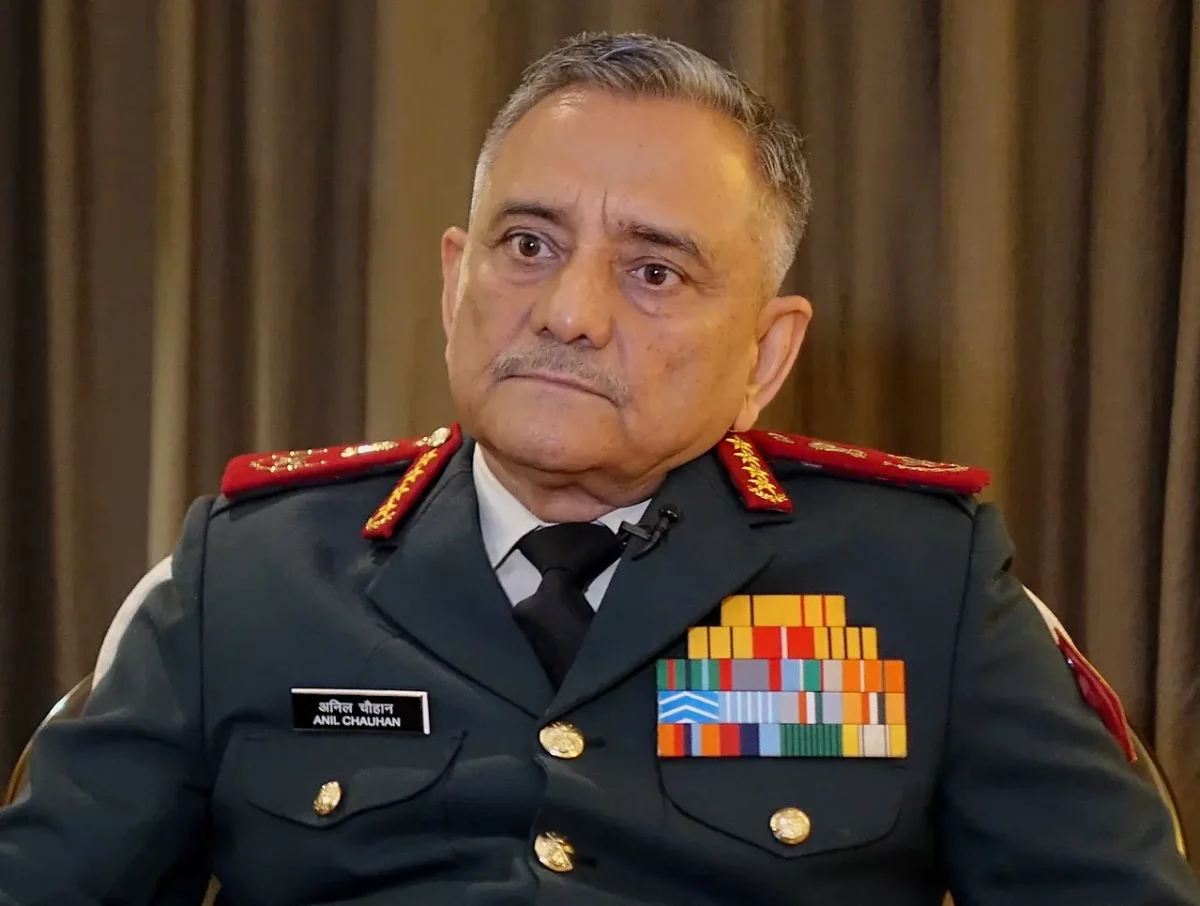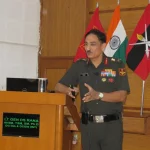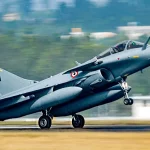Chief of Defence Staff (CDS) General Anil Chauhan has emphasised the need for robust preparedness against future bio-threats and radiological contamination, warning that such challenges are likely to rise in the post-COVID era.
Addressing the Scientific Session on the 100th Raising Day of the Military Nursing Service (MNS) at the Manekshaw Centre, Delhi Cantt., Gen Chauhan said, “The world has been through a period of intense travels and tribulations during the COVID pandemic. Bio-threats—man-made, accidental, or natural—are likely to increase in the future. Defence against such threats and treatment of infected persons require different treatment protocols. We must be prepared for this in the future.”
He further reiterated Prime Minister Narendra Modi’s recent assertion that India will not be deterred by nuclear blackmail, particularly in the aftermath of Operation Sindoor. “While the possibility of the use of nuclear weapons in our context is low, it would be prudent to take this into our security calculus. Radiological contamination requires different treatment protocols and must be integrated into our training,” he said.
The CDS underlined that preparedness against nuclear threats not only strengthens response capacity but also contributes to deterrence against their use.
On the occasion, Gen Chauhan lauded the century-long service of the Military Nursing Service, calling nurses the “heartbeat of healthcare.” He praised their role in conflicts, humanitarian missions, and harsh operational conditions, highlighting their compassion and resilience. “Whether at the frontline of conflicts, makeshift hospitals, aboard ships at sea or humanitarian missions, your dedication has brought comfort to the wounded, solace to the distressed, and hope to the hopeless,” he said.
The Military Nursing Service, established in 1926, has since grown into an indispensable pillar of the Armed Forces, providing critical care in both wartime and peacetime.













